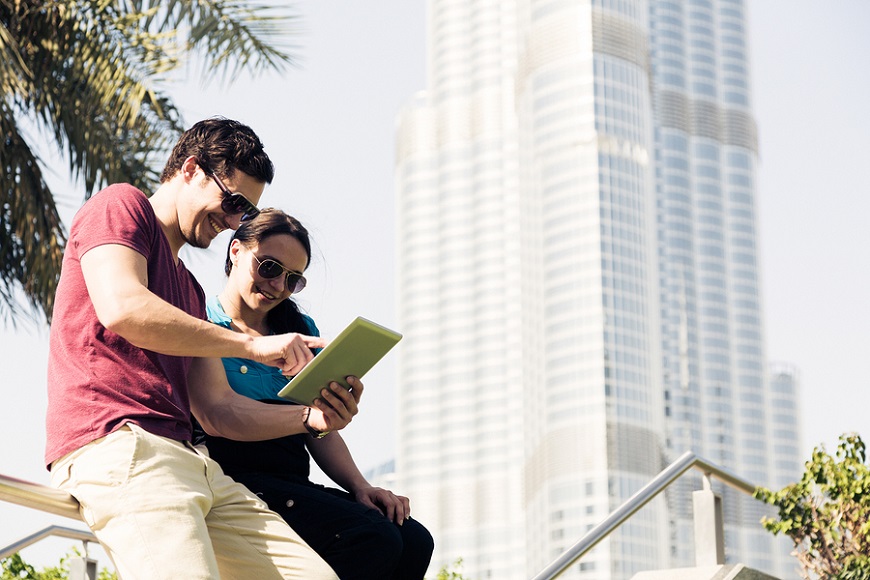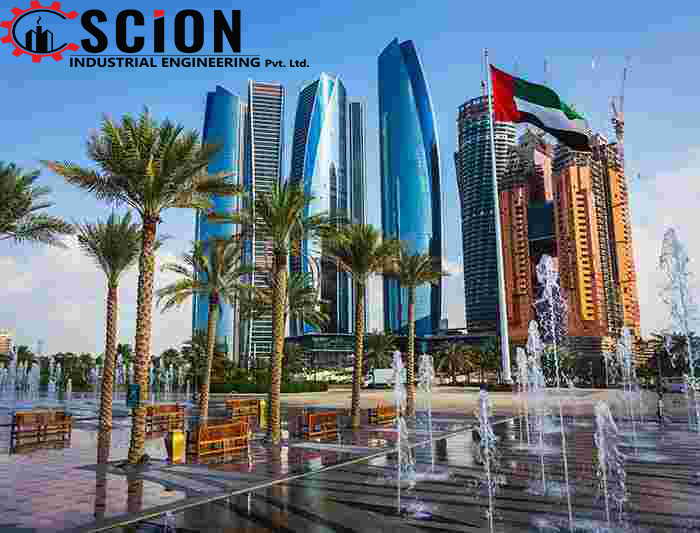Bangladesh earned $182 million from ICT exports in 2018 which was $193.93 million in 2017. Computer service exports from Bangladesh fell by 6.16 percent, according to data from the Export Promotion Bureau (EPB).
The government has targeted $5 billion in annual export earnings from the ICT sector by 2021. However, ICT industry insiders say they disagree with the EPB data, claiming it does not reflect overall earnings from the ICT sector and there are faults in the system of calculation.
Computer services include software, data processing, consultancy, computer maintenance, and installation.
Sources said the real picture of export earnings from computer services were not reflected in the EPB data due to the lack of a proper mechanism for data collection.
The lack of a central authority to shoulder the responsibility of collecting data on computer service exports also contributes to the inaccuracy of the data, they added.
Bangladesh Association for Software and Information Services (BASIS) President, Syed Almas Kabir, said all earnings from computer service exports are not coming through banking channels, and hence some payments are not considered to be part of export earnings.
“A portion of our export earnings are being treated as remittance, as they come through digital payment services such as Upay. We need a proper mechanism to calculate earnings which takes these payments into account,” he said. Telecommunications and Information Technology (ICT) Minister, Mustafa Jabbar, echoed the BASIS president in saying that the EPB and the Bangladesh Bureau of Statistics (BBS) can’t reflect the true picture of ICT sector earnings.
“Making a comment on our export earnings based on EPB and BBS data would not be right,” he added.
According to the Bangladesh Association of Call Center and Outsourcing (BACCO), the call centre and outsourcing industry alone earns about $300 million a year.
BACCO President Wahidur Rahman Sharif said: “If we consider the overall earnings of the ICT sector, it is over $700 million.”
BACCO President Wahidur Rahman Sharif, also managing director of Digicon Technologies Ltd, said a lack of infrastructure and skilled manpower were the main challenges to the ICT sector.
“Right now, the main challenge for the ICT sector of Bangladesh is a lack of proper infrastructure. The quality and reliability of internet connections in the country is questionable,” he said.
He added that there was a lack of skilled manpower, as the country’s education system is not geared up towards the ICT industry.
“Bangladesh also lacks branding to inform global buyers of the quality and capacity of the Bangladeshi ICT industry. As a result, foreign companies are not interested in outsourcing work here,” said Wahidur.
In order to gain a larger share of the global ICT services market, Bangladesh needs to provide policy support and branding, BASIS President Syed Almas Kabir said.
He added that the collection of accurate data was essential for setting a strategy for the sector’s expansion.
“To establish a proper database for the sector, BASIS will launch a research project to collect data on people who are engaged in the ICT sector, the size of local markets, and export earnings,” the BASIS president said.
Regarding the need for branding, Syed Almas said: “Currently, Bangladesh is branded as a marketplace for cheap labour. This gives the wrong impression. We have to show that we are capable and can provide quality.”
Furthermore, Bangladesh has to concentrate on developing valued services, such as mobile games and apps, he added.
Meanwhile, industry insiders said the government needs to provide high speed internet and uninterrupted electricity for the ICT sector at an affordable rate, in order to meet the target of generating $5 billion in annual export earnings from the sector by 2021.
However, huge challenges lie ahead, and the next few years will be very crucial as the industry needs to adapt to technological changes, they said.
“We have enormous opportunities in the field of digitisation, but we don’t have enough skilled human resources to meet the needs of the information and communications technology industry”, BASIS president said.
Now, 120 Bangladeshi companies are exporting ICT products worth $750-$800 million to 35 countries, industry insiders said.
Source:http://www.dailyindustry.news/bangladesh-need-infrastructure-attain-5b-export-earnings-ict/









